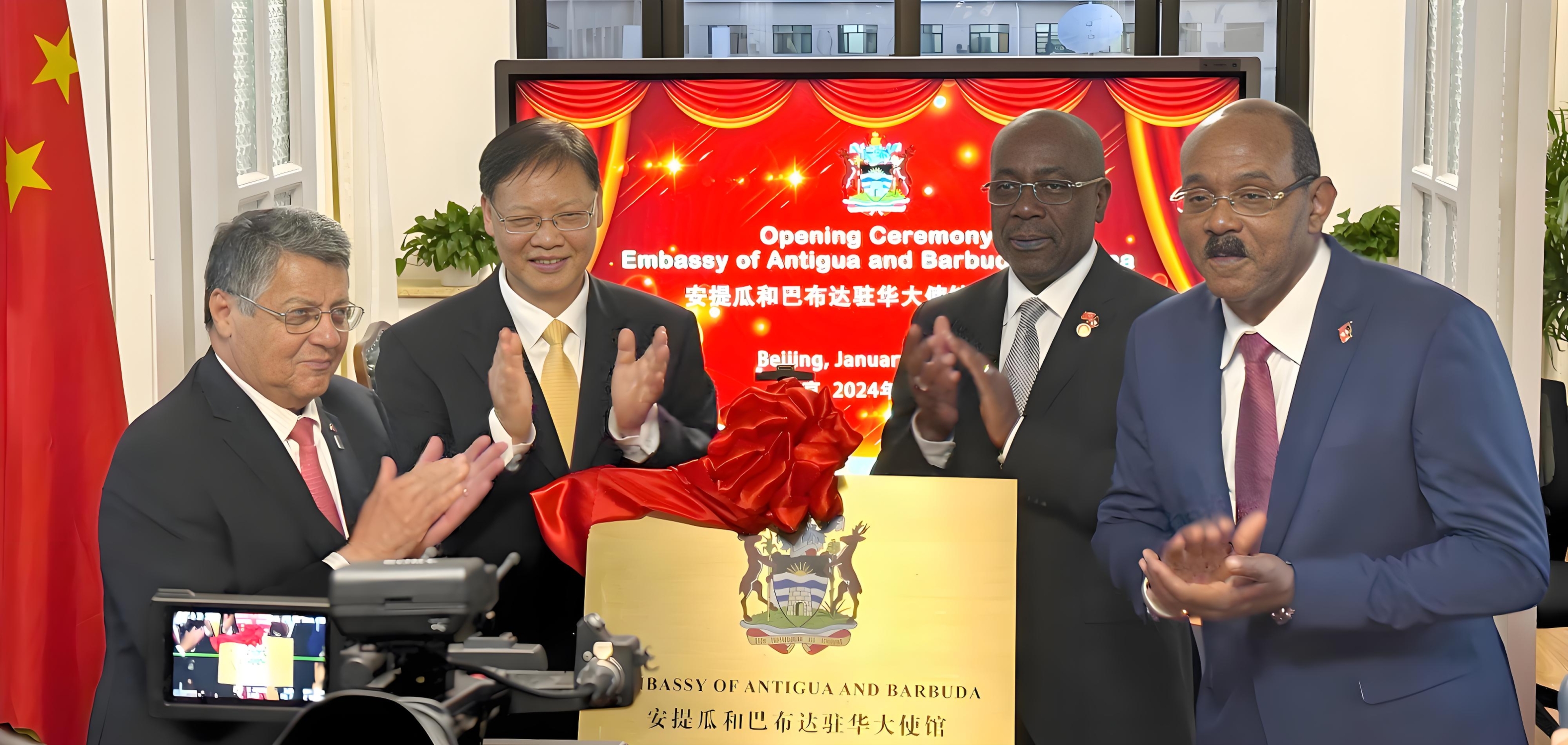According to the report, tourism has played a pivotal role in driving growth in Antigua and Barbuda’s economy, with both sectors experiencing notable strength.
The report also indicates that real economic activity is on track to return to pre-pandemic levels during 2023, signaling a significant milestone in the nation’s recovery from the economic challenges posed by the global health crisis.
After witnessing a peak of 9.2 percent at the end of 2022, inflation exhibited a positive trend, falling to 6.6 percent by August of the following year.
Core inflation has shown a steady decline, indicating a favorable economic environment and effective policy measures.
The current account deficit, which widened to an estimated 16.2 percent of GDP in 2022, is expected to contract to around 12 percent of GDP in 2023.
Although higher tourism receipts were partially offset by increased goods imports and a decline in the terms of trade, the projected reduction indicates positive adjustments in the external balance.
Antigua and Barbuda’s nominal GDP has rebounded, leading to a decrease in public debt from 95 percent of GDP at the end of 2021 to 87 percent at the end of 2022.
Despite this improvement, the nation still faces challenges with high gross financing needs, and there has been limited progress in addressing arrears to both creditors and domestic suppliers.
The report highlights that the country’s financial sector remains stable. However, there are concerns about the rapid growth in credit union lending, albeit from a low base.
Analysts have expressed apprehensions about potential impacts on future credit quality, calling for careful monitoring and management of this aspect of the financial sector.
In conclusion, the IMF’s assessment paints a positive picture of Antigua and Barbuda’s economic trajectory, with strong growth, a decline in inflation, and improving external balances.
However, it underscores the importance of addressing lingering challenges, particularly in managing public debt and ensuring the sustainability of credit union lending.
As the nation looks towards a post-pandemic future, these insights provide valuable guidance for policymakers and stakeholders alike.





